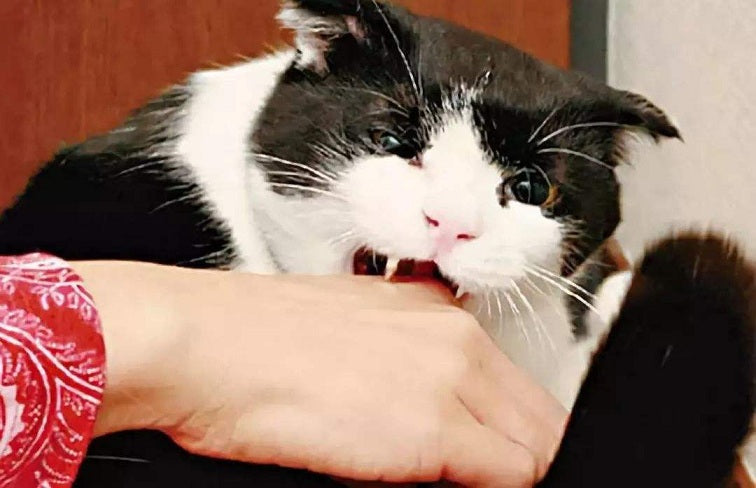When you're working with kittens, sometimes you feel like a human chew toy. Their teeth are so prickly and sharp, and they do have the instinct to bite. Today, Happy and Polly is going to teach you how to get cats not to bite you.

So before we begin, it's important to know that cats are a predator species. So if you're raising a kitten, you're literally raising a micro-panther. These guys have a biological instinct to stalk, hunt and kill their prey just like a lion or a tiger does. Your kitten might be raised indoors, and have all of their needs met like shelter and food. But we have to remember that they have evolved for thousands of years to have certain behavioral and biological needs that help them to survive.
One important psychological need they've evolved to have is the thrill of stalking, pouncing and biting their prey. Just because you fulfill a kitten's physical needs does not mean that you're meeting all of her psychological and emotional needs. And of course, just like humans, they have to have more than just food and water and a place to go to the bathroom: To be happy, to be psychologically whole, they have to experience the hunt, which does include biting. So how can we stimulate hunting in our homes without becoming a target of their tiny teeth? Here are 6 tips!
# 1 Make cat toys move
Stalking and biting a moving target is the pinnacle of happiness for a cat, especially for a kitten who's just staring to make those connections. This right here is really the key to getting kittens not to bite you. We have to be getting them into a healthy, hunting rhythm. We have to be playing with our kittens actively, multiple times a day, with cat toys that bat and move.
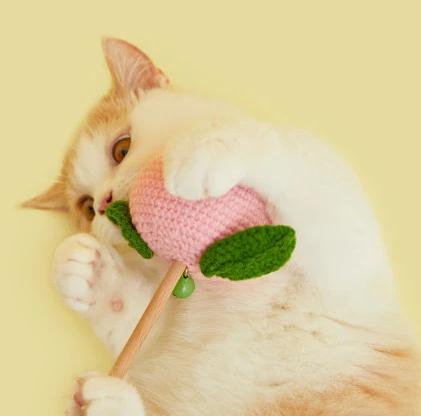
If you just throw a bunch of toys into a room and expect a kitten to be satisfied, that's just not going to work. Because if we never make toys move for them, then the only thing they ever see moving is your hand and feet.
So starting around 4 weeks, kittens are really developing a strong desire for this kind of activity. They have strong eyesight, they're able to track objects visually in space. And their coordination has improved, enough that they can start gently batting at objects. By starting kittens off with playing at a young age, we also associate biting with teasing toys, so that they don't eat your hands and feet as the prey instead.
#2 Don't play with your hands.
It's also important that we're not encouraging kittens to view our hands as prey. I know how tempting it is to twinkle your fingers at them, or tickle their bellies. But it does teach them to view your hands as a chew toy. It's a lot less cute when the kitten grows into a full grown cat who bites.
#3 Redirect biting to an appropriate target
It's important that anytime we give a kitten a 'no', we give them an equal and more attractive 'yes'. For instance, you can't just say to a kitten “don't bite anything” - that's madness! If a kittens biting your hand, you never want to punish or scold them. Instead, just make your hand limp, move it away, and show them something that is much more interesting to bite on.
Just move the toy around, and always redirect their biting behaviors toward an appropriate target. Try playing with the kitten with a variety of different objects, and redirecting their behavior toward things that move differently. There's so many different types of cat teaser toys that you can use with your kitten, and they all move slightly differently. Just remember, the key is actively playing with them with toys that move.
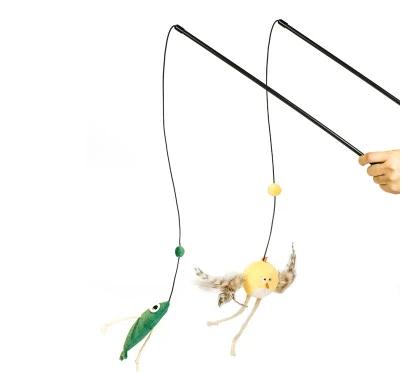
#4 Don't be a tease
It's important not to tease or taunt your kittens with toys. Giving them a little bit of a challenge is nice, but if you never let them actually catch it, then they don't get the satisfaction of the kill, and that's not a psychologically fulfilling experience for anyone. Instead, you want to give them a little bit of a challenge and then let them catch the toy. Make sure that you're giving them a kicker toy or something to enjoy afterwards to satiate the feeling of having hunted.
#5 Give them a hunter's rhythm
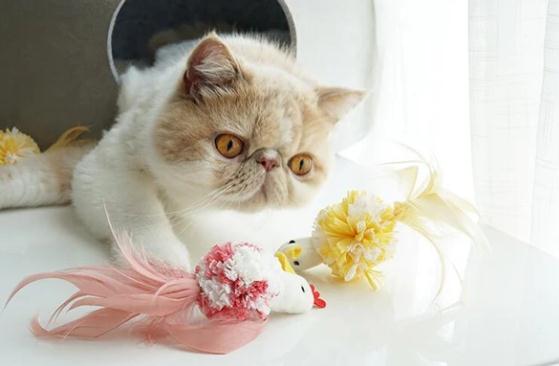
The natural rhythm of a happy cat is to hunt, catch, kill, eat, groom, and sleep. So even with our young kittens, we want to get them in this rhythm. We recommend always following up your play time with a meal. Give cats the thrill of the hunt, let them catch the toy and really kick it and bite it. Then after a good play session you feed them. This is like the reward for being a good hunter. Then they can groom themselves, go to sleep and wait for the next moment of excitement when the hunt begins again.
#6 Raise them with a friend
Having one kitten is really like having half a kitten. Having two kittens is like having a whole. Having a buddy gives them someone who they can really exercise all of those playful behaviors with. They can take their energy out on each other, they can teach each other new skills and they even do a great job of teaching each other boundaries by yelping out when they are biting too hard.
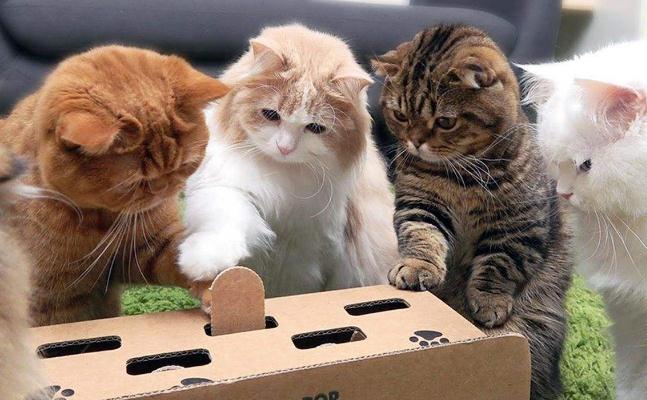
We have to remember that kittens and cats are more than just cuddly companions - they're also a predator species with their own psychological and emotional needs, and it's our duty to help fulfil them. By fulfilling their need to bite and pounce and play, we can bring more harmony into the life of the cat, and into our own homes.
We hope this can help you protect you and your pet. If you enjoyed it and would like to see more news, do not hesitate to visit Happy & Polly official website.
